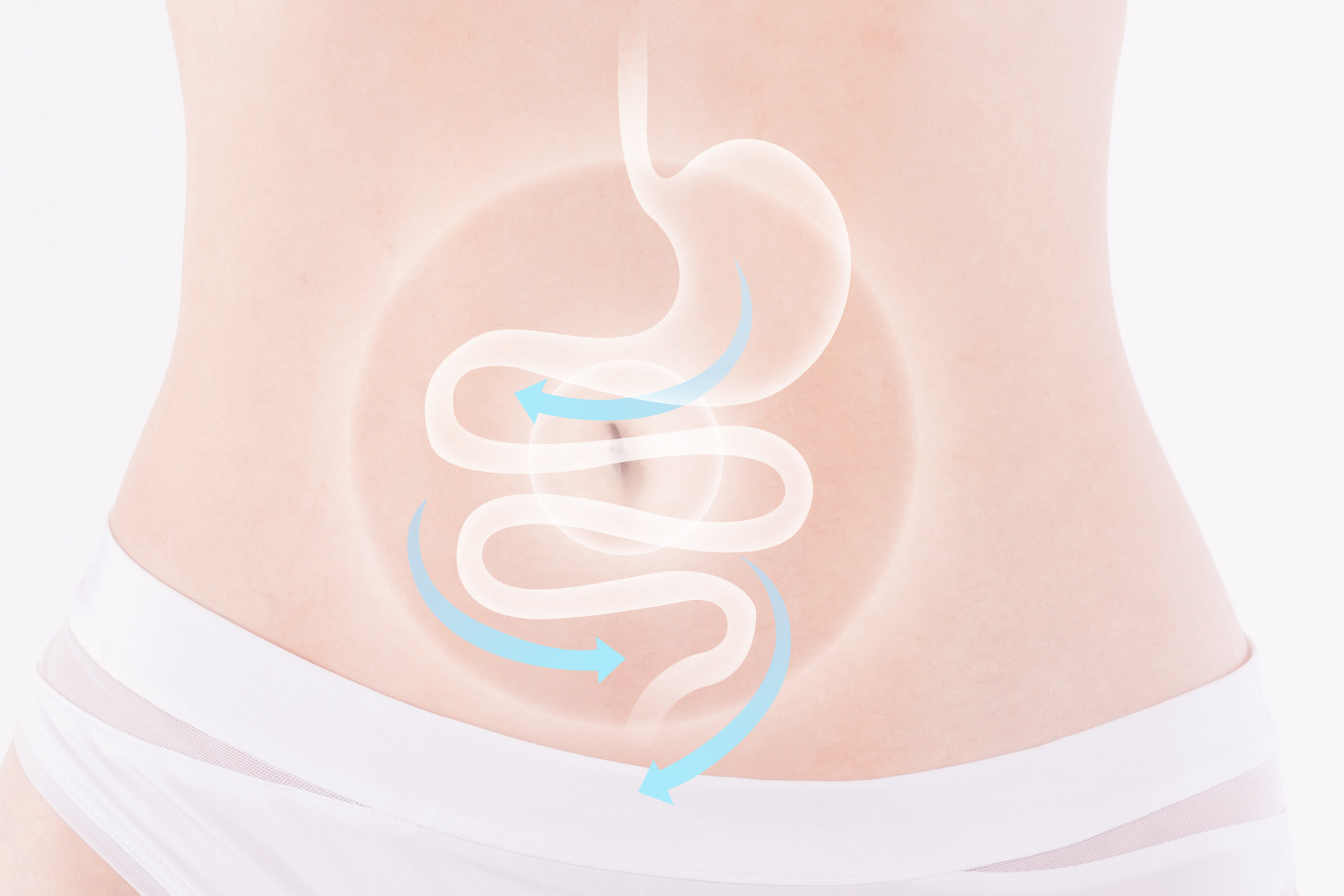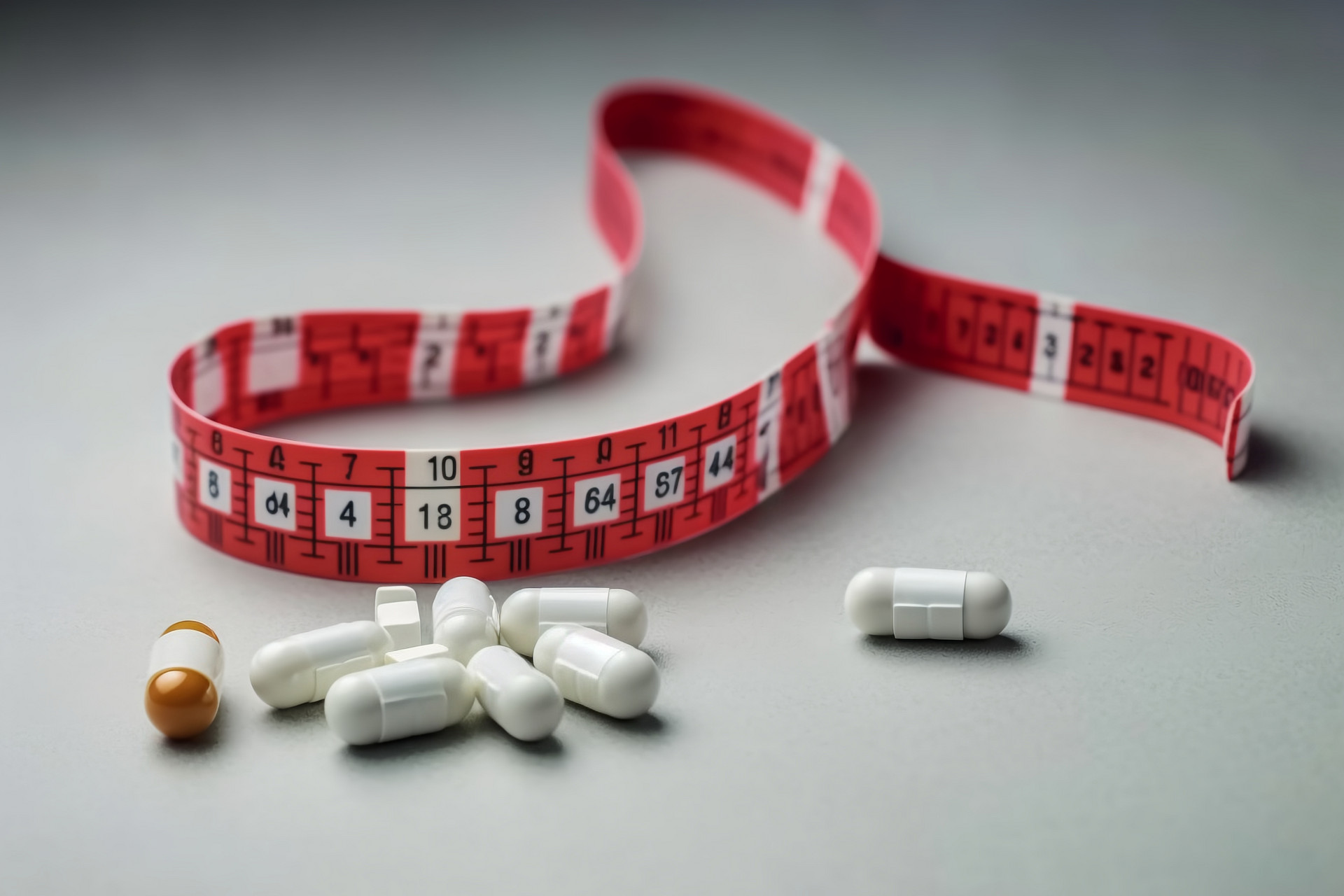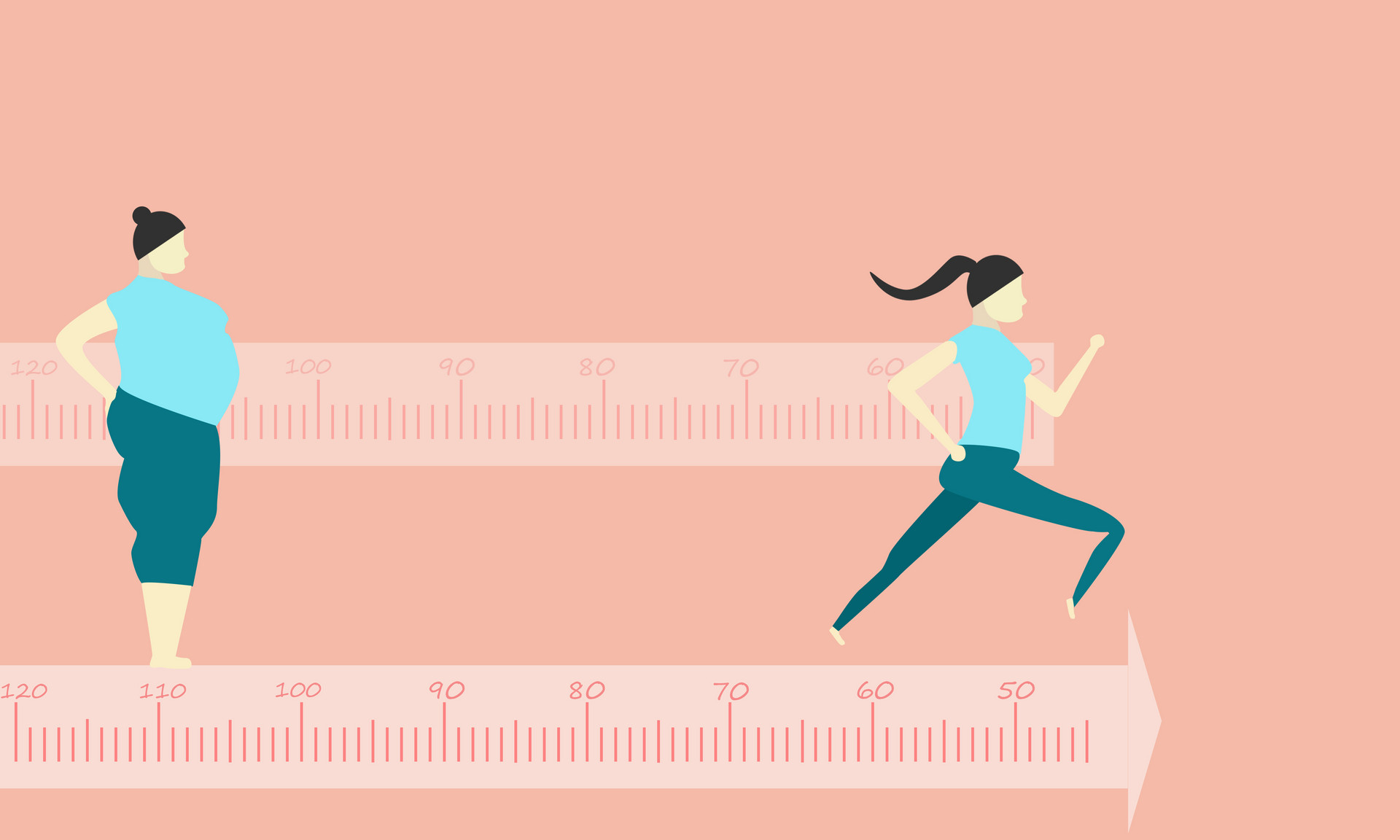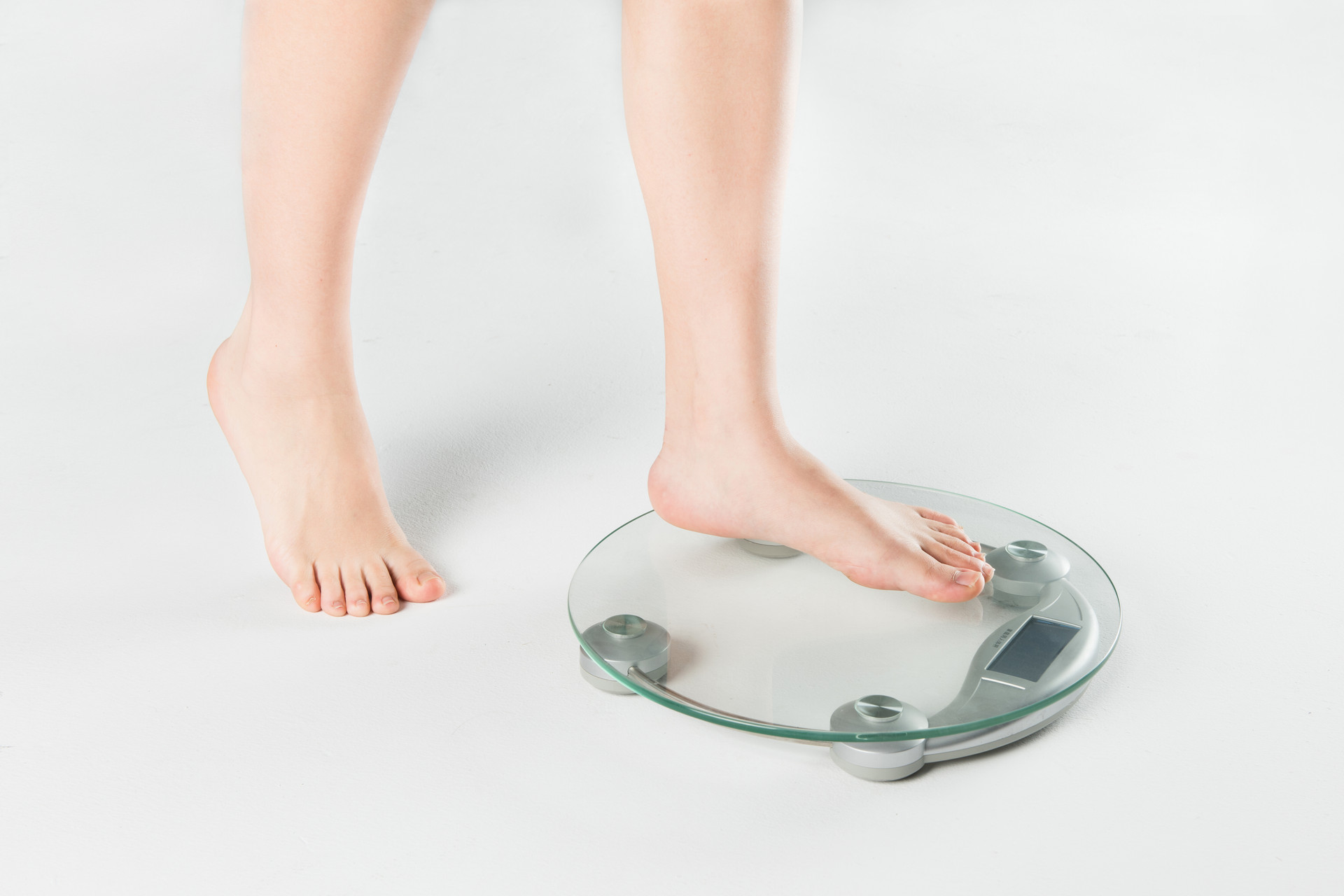After countless attempts to lose weight, it is important to know what you can and cannot eat. So what is the basic framework for an ideal weight loss diet?

The reasons why weight loss always fails
1. Because you want to lose weight, you skip dinner. However, late at night, around ten o'clock, you can't bear the hunger and order takeout. After eating, you can't sleep well, and the next day's exercise plan is put on hold because you can't get up in the morning. This leads to weight gain.
2. Because you want to lose weight, you start eating fitness meals for lunch. The taste is really bad, and after persevering for three days, your mouth feels lonely and you start eating potato chips and desserts to fill the void. This leads to weight gain.
3. Because you want to lose weight, you stop eating staple foods and replace them with fruits for dinner. Little do you know that excessive intake of sugar does not help with weight loss. This leads to weight gain.
4. Because you want to lose weight, you run ten kilometers. After finishing the run, you feel proud of yourself and think you can eat something, so you add another meal after the run. This leads to weight gain.
The basic framework for an ideal weight loss diet
Carbohydrates: 40%-55%, Fat: 20%-30%, Protein: 15%-20%
1. At least half of the staple foods should be whole grains and legumes. The total intake of grains and starches should be 150-250 grams (for women) or 200-300 grams (for men). At least 500 grams of vegetables should be consumed every day, with at least 200 grams of dark green leafy vegetables.
2. There should be a variety of vegetables, in addition to leafy vegetables, mushrooms, black fungus, kelp, and other fungi and algae should also be consumed in small amounts every day. Don't just eat cucumbers, winter melon, radishes, tomatoes, etc. Potatoes can only replace staple foods and cannot replace other vegetables.
3. The total intake of fish, meat, eggs, and tofu should be 150-250 grams per day. The total protein intake for women should not be less than 70 grams and for men should not be less than 80 grams, with about 50% from animal protein. At least one meal should include a food rich in high-quality protein, and protein should be consumed in combination with carbohydrates.












